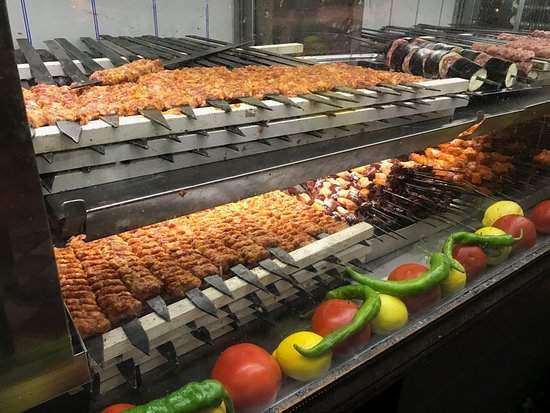Karaman
WELCOME TO Karaman
Province Overview
Karaman
9,163 km2
258,156
Turkish
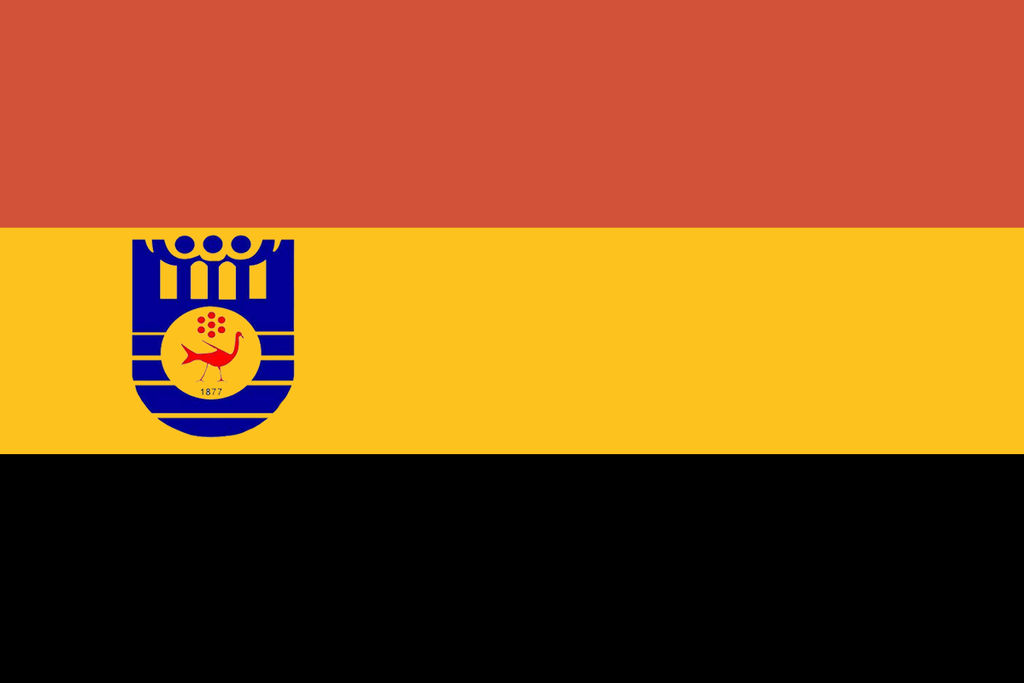
Popular
Geography and Tourist Attractions
Information about the province's tourist attractions, including popular destinations, events, and activities.
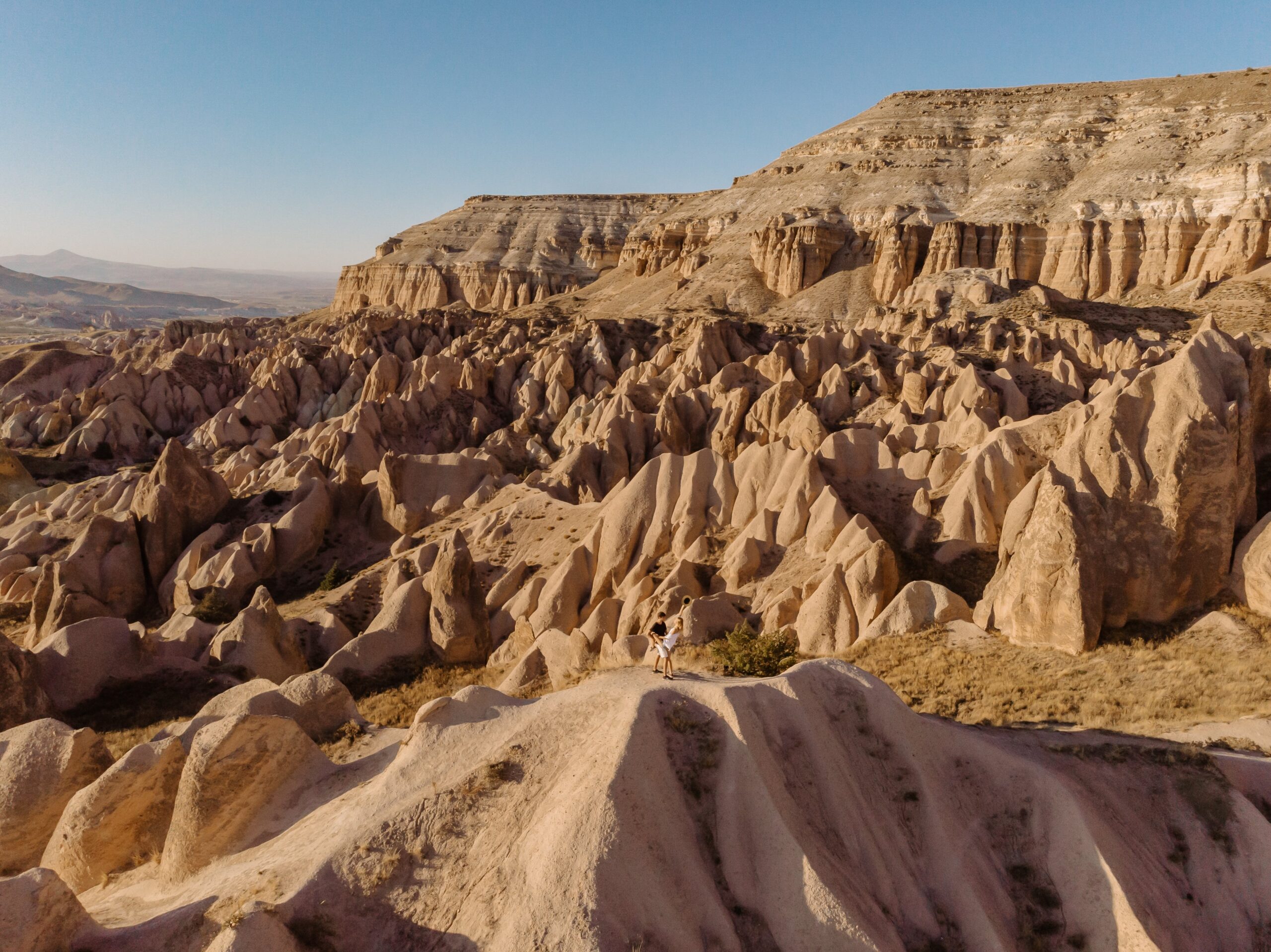
Cappadocia

Binbirkilise
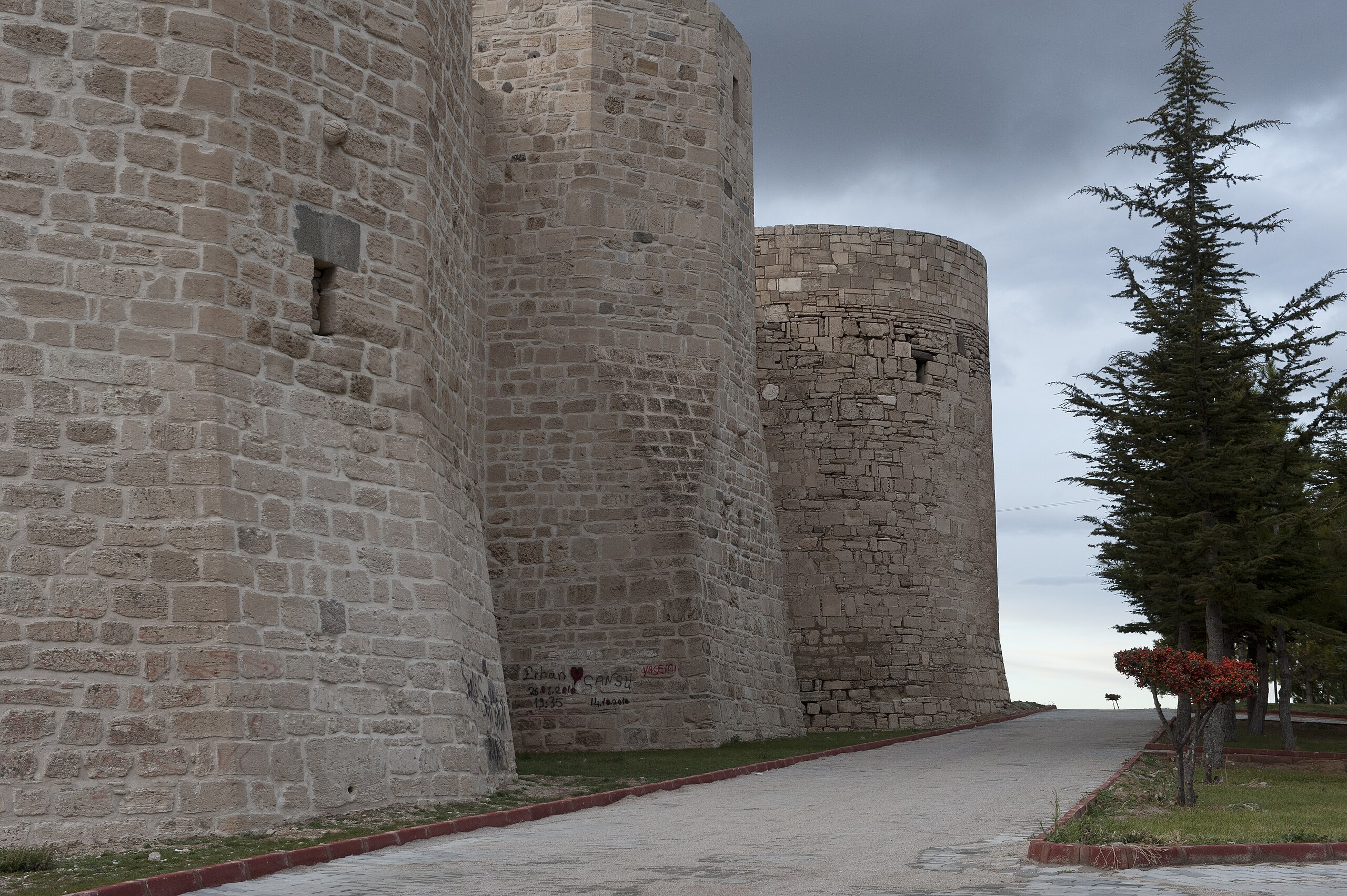
Karaman Castle
Political
Economy and Government
The province of Karaman in Turkey has an economy primarily driven by agriculture, industry, and services. The fertile lands of the region support the cultivation of crops such as wheat, barley, legumes, and fruits. Livestock farming, particularly sheep and cattle breeding, is also significant in Karaman.
Karaman has a developing industrial sector, with manufacturing activities focusing on textiles, food processing, metalworking, and automotive parts. The organized industrial zones in the province provide infrastructure and support for businesses, attracting investments and creating employment opportunities.
In terms of services, Karaman has a growing tourism sector, with attractions such as Cappadocia and historical sites like Karaman Castle drawing visitors. The province also offers commercial and administrative services to its residents and neighboring regions.
The government of Karaman operates under the framework of the Turkish governmental system, with a provincial governor appointed by the central government. The governor oversees the implementation of policies, manages public services, and represents the state in the province.
Local governance is carried out through the provincial council and municipalities, which are responsible for urban planning, infrastructure development, and the provision of services such as education, healthcare, and transportation.
Efforts are being made to diversify the economy of Karaman, attract investment, and improve the quality of life for its residents. The government, in collaboration with local authorities and organizations, aims to promote economic growth, enhance infrastructure, and foster a favorable business environment in the province.
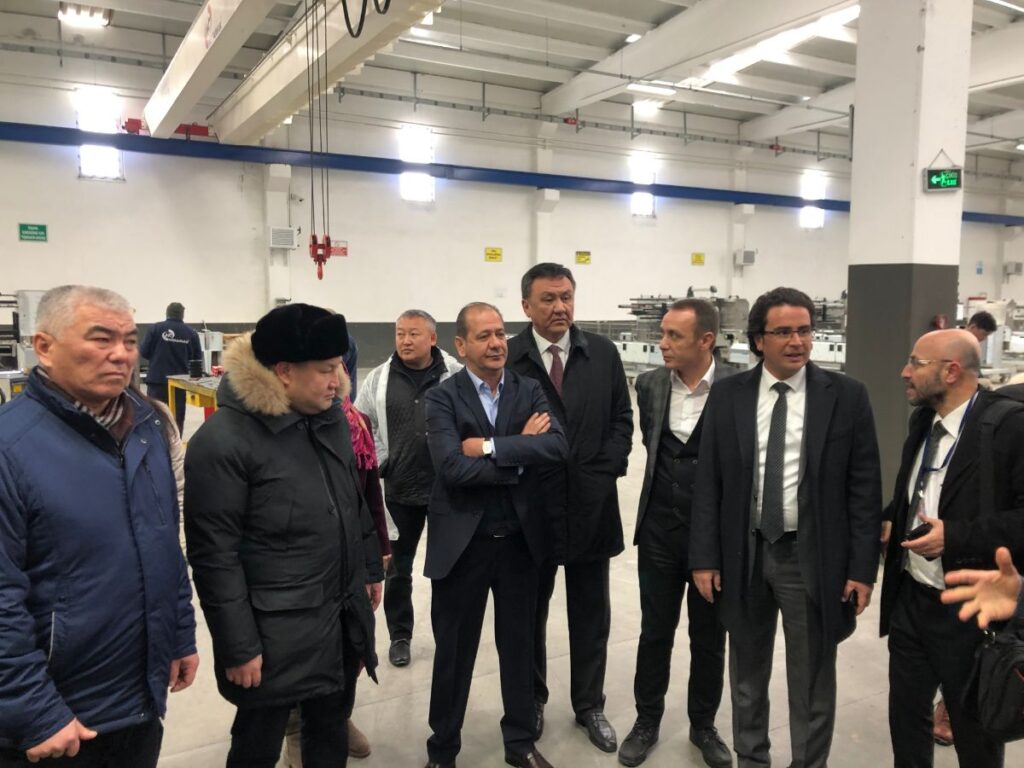
History
History and Culture
The province of Karaman in Turkey is steeped in a rich history and vibrant culture. Throughout the centuries, Karaman has been influenced by various civilizations, including the Hittites, Phrygians, Persians, Romans, Byzantines, Seljuks, and Ottomans.
The region is home to several historical and archaeological sites that bear witness to its past. Karaman Castle, an imposing fortress dating back to the 12th century, stands as a symbol of the province's medieval heritage. The Binbirkilise complex, with its rock-cut churches and dwellings, provides insight into the Byzantine period.
Karaman has a deep-rooted cultural heritage, with traditional arts, crafts, and music being an integral part of its identity. Folk dances like "Karaman Oyun Havası" showcase the region's lively cultural traditions. The province is also known for its distinctive handicrafts, including carpet weaving, pottery, and wood carving.
The cuisine of Karaman is a delightful blend of Anatolian and regional flavors. Traditional dishes feature ingredients such as lamb, bulgur, dairy products, and local herbs. Popular specialties include Karaman kebab, paça soup, and various sweet pastries.
Festivals and celebrations play a significant role in Karaman's cultural calendar. The Karaman Nevruz Festival, held annually in March, showcases traditional music, dance performances, and local customs, celebrating the arrival of spring.
Preserving and promoting Karaman's history and culture is a priority, with efforts made to restore historical sites, support local artisans, and organize cultural events. The province's rich heritage and vibrant cultural scene make it a captivating destination for those seeking to explore Turkey's past and immerse themselves in its cultural traditions.
HOTELS
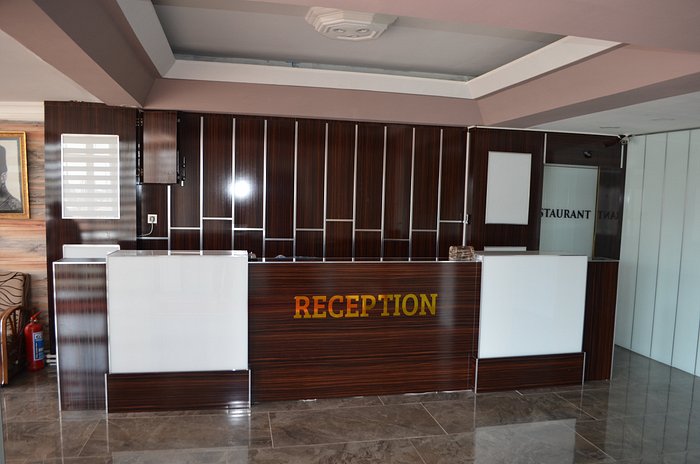
Grand Akçay Hotel
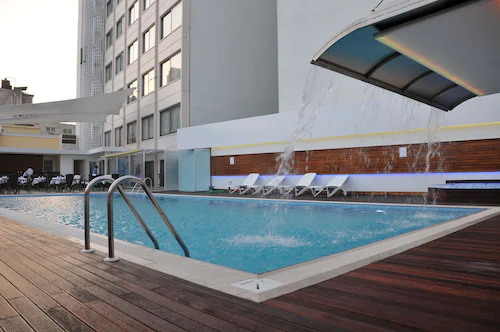
Karaman Çukurova Hotel
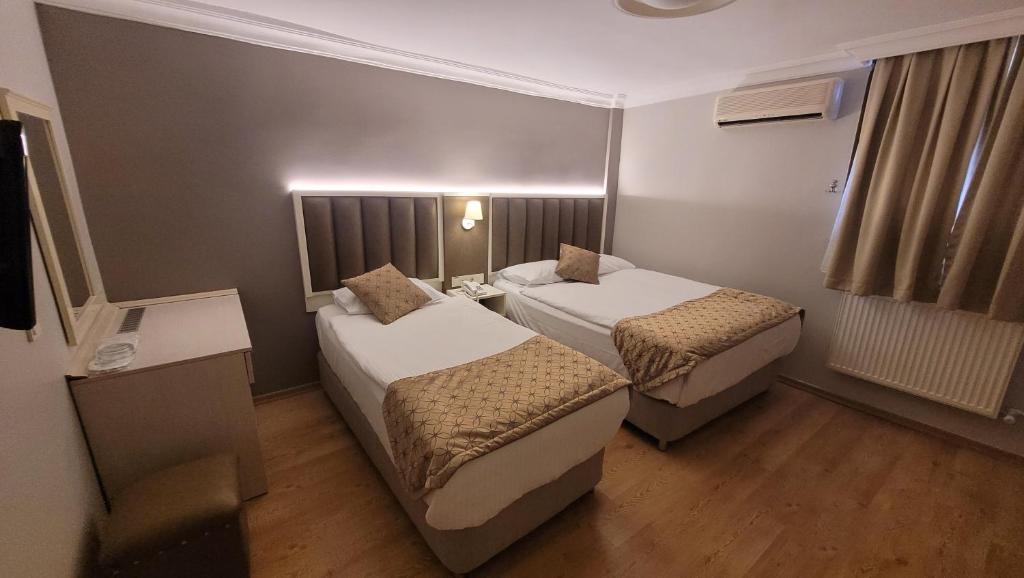
Süreyya Hotel
RESTAURANTS
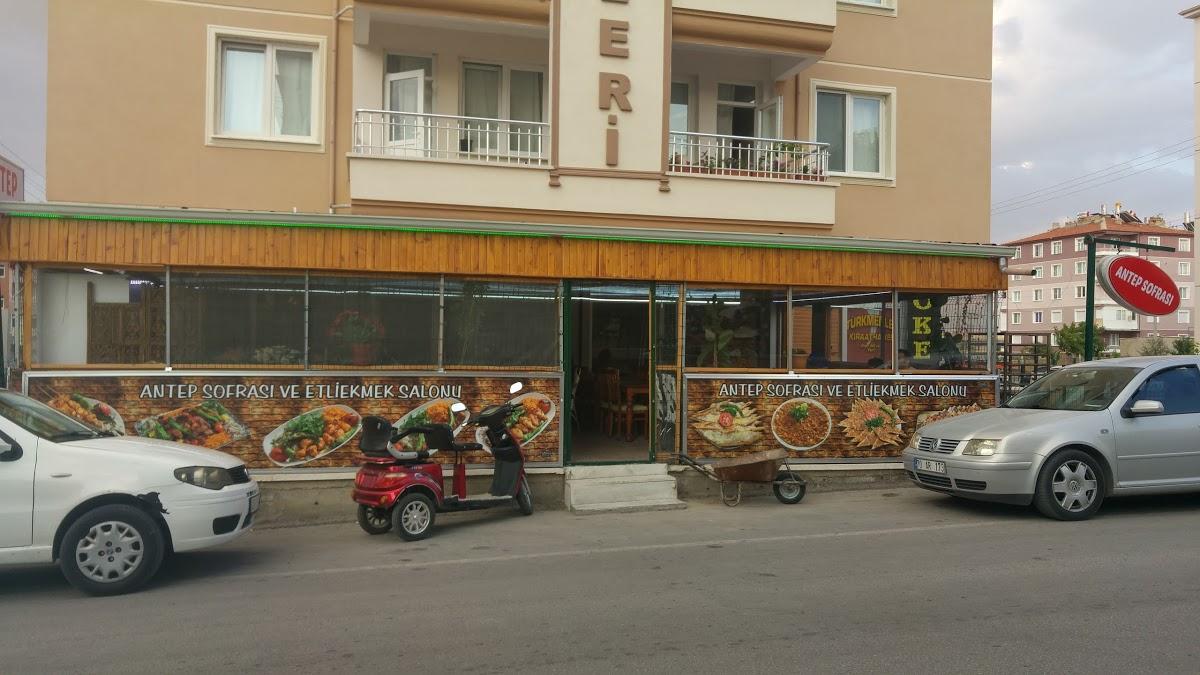
Karaman Sofrası
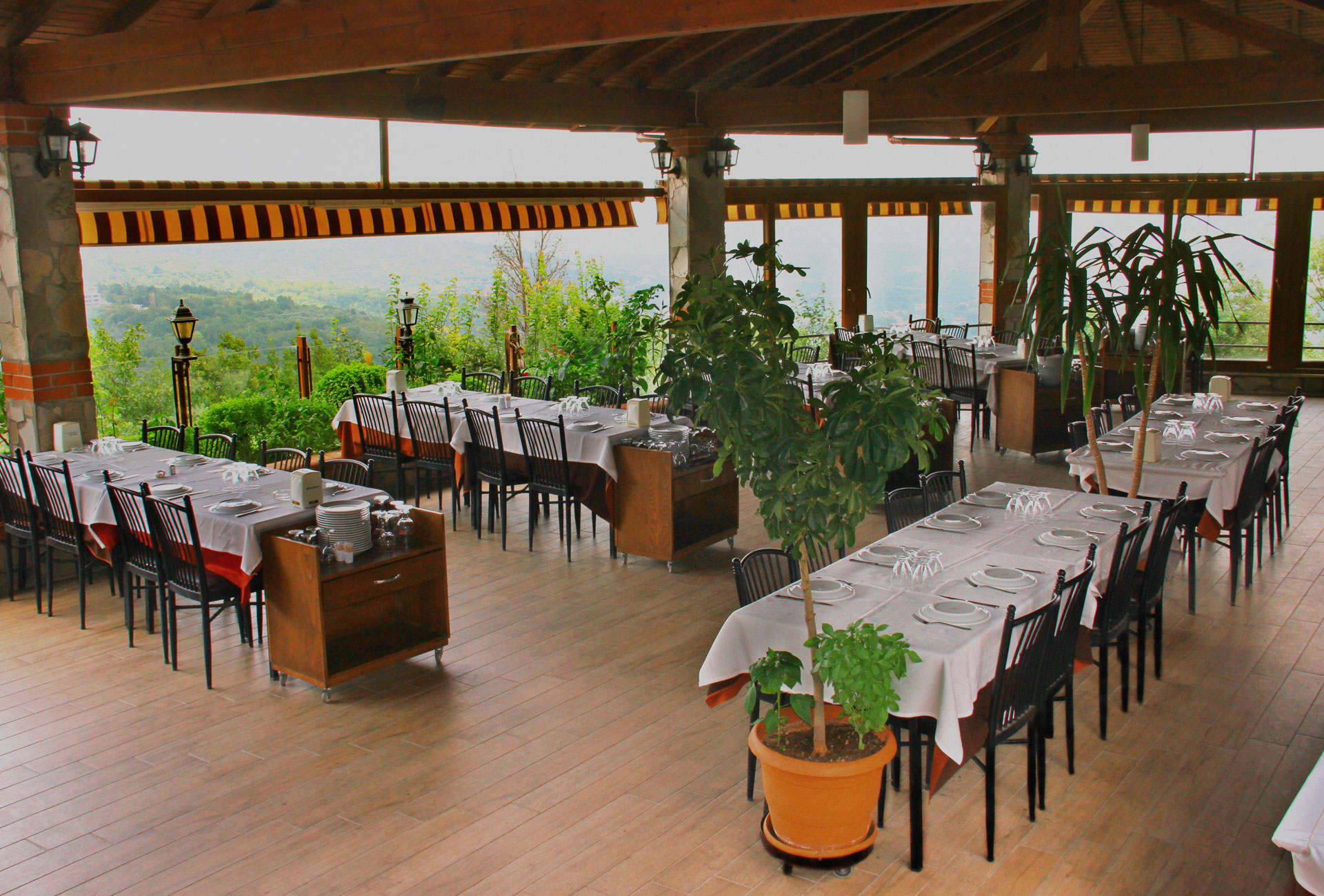
Kule Restoran
